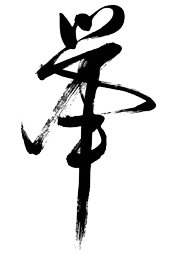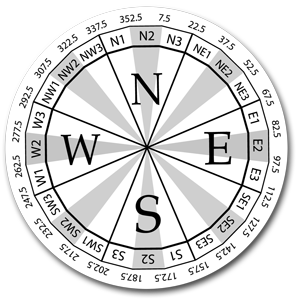
All About Feng Shui
 Feng shui also influences fertility and specific health conditions, like circulation, digestion, sex drive, back pain, and respiratory conditions, just to name a few. For lack of a more scientific term, we often describe the benefits of Feng Shui as making someone “luckier.” Luck actually means something very different in Chinese metaphysics, but we can say that this natural phenomenon is based on addressing the living environment as a way to help people and communities thrive.
Feng shui also influences fertility and specific health conditions, like circulation, digestion, sex drive, back pain, and respiratory conditions, just to name a few. For lack of a more scientific term, we often describe the benefits of Feng Shui as making someone “luckier.” Luck actually means something very different in Chinese metaphysics, but we can say that this natural phenomenon is based on addressing the living environment as a way to help people and communities thrive.
Some aspects of Feng Shui, as it is practiced today, date back thousands of years from China. There are also indications that even older civilizations from India and the Middle-East had the same awareness and shared it with the Chinese. Still, other techniques in practice today may only be hundreds of years old.
